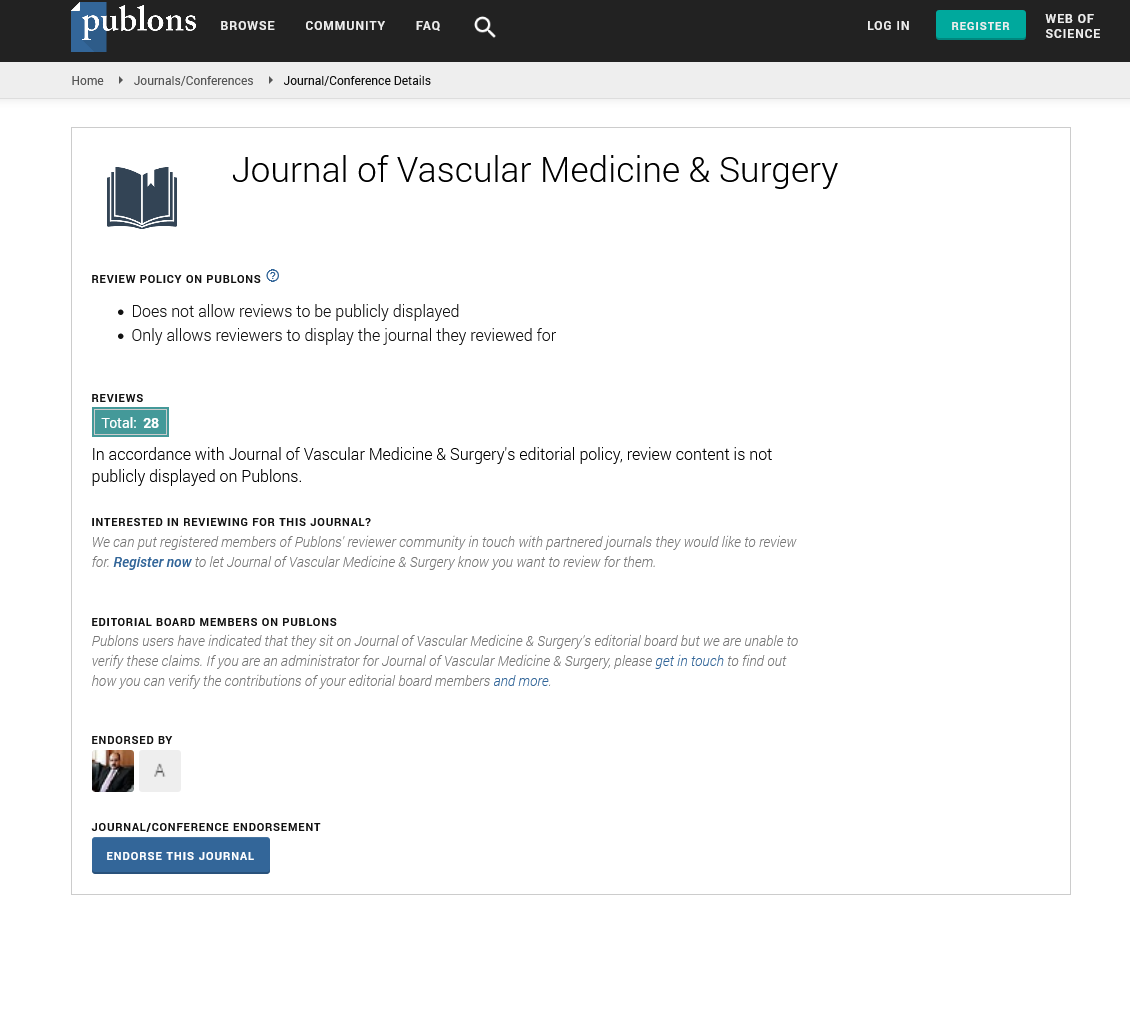Indexed In
- Open J Gate
- Academic Keys
- RefSeek
- Hamdard University
- EBSCO A-Z
- OCLC- WorldCat
- Publons
- Euro Pub
- Google Scholar
- SHERPA ROMEO
Useful Links
Share This Page
Journal Flyer

Open Access Journals
- Agri and Aquaculture
- Biochemistry
- Bioinformatics & Systems Biology
- Business & Management
- Chemistry
- Clinical Sciences
- Engineering
- Food & Nutrition
- General Science
- Genetics & Molecular Biology
- Immunology & Microbiology
- Medical Sciences
- Neuroscience & Psychology
- Nursing & Health Care
- Pharmaceutical Sciences
Abstract
Cardiovascular complications of cancer therapy: lv systolic dysfunction and heart failure
Sergey Kozhukhov
Recent advances with novel therapies give the prolonged life expectancy due to their efficacy, but many of them can induce further cardiovascular complications. Cancer therapy-related cardiac dysfunction (CTRCD) is the most common side effect of antitumor therapy, occurring in approximately 10% of the patients. Its clinical manifestation can occur immediately during the drug administration or may appear for months or years after the patient has been treated. The severity of CTRCD depends on many factors such as drug type, molecular site of action, cumulative dose, drug combination, method of administration, previous heart diseases, and patient demographics. Therefore, risk prediction, detection, and prevention of CTRCD are crucial.Development of CardioOncology with the multidisciplinary team approach to cancer patient management has led to improvement in survival and the quality of life. Echocardiography with assessment of LV systolic function is the most common non-invasive method of detection and monitoring of cardiac toxicity due to anthracyclines and other chemotherapeutic agents. Biomarkers such as high sensitivity troponin I or T and B-type natriuretic peptide may be useful in CTRCD early detection before LV ejection fraction changes.
Published Date: 2020-10-21;

